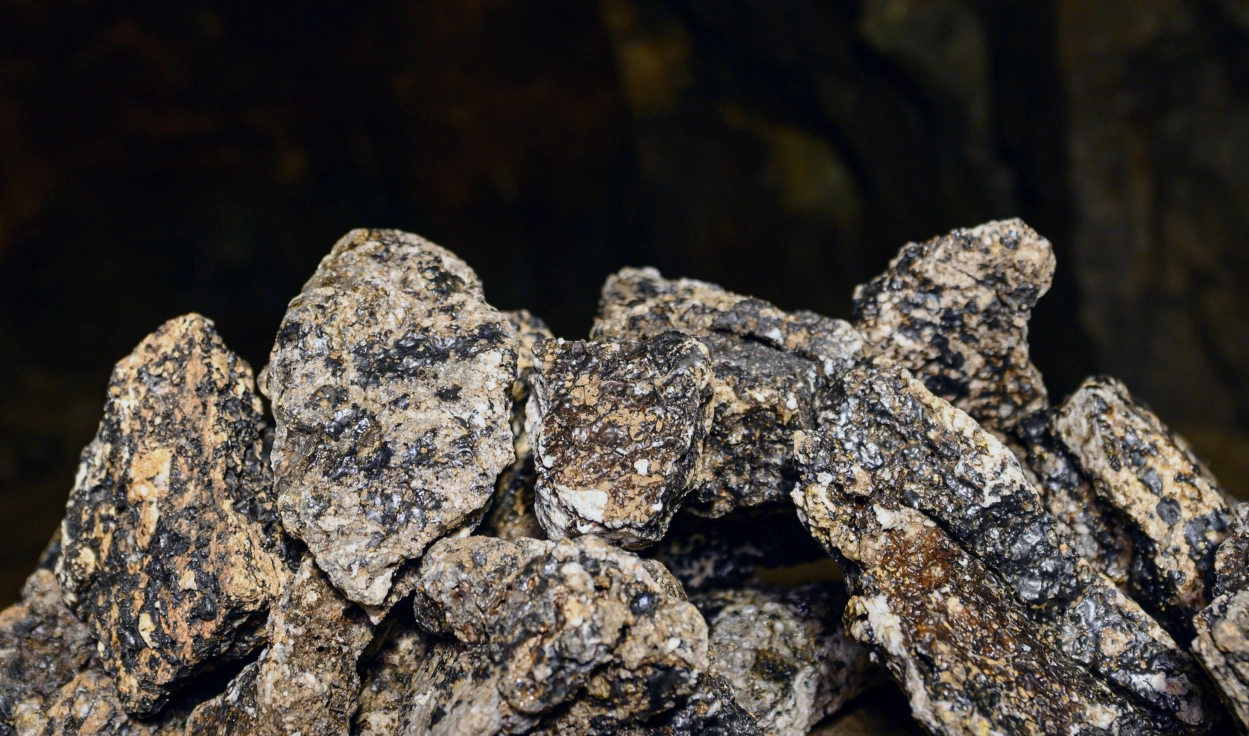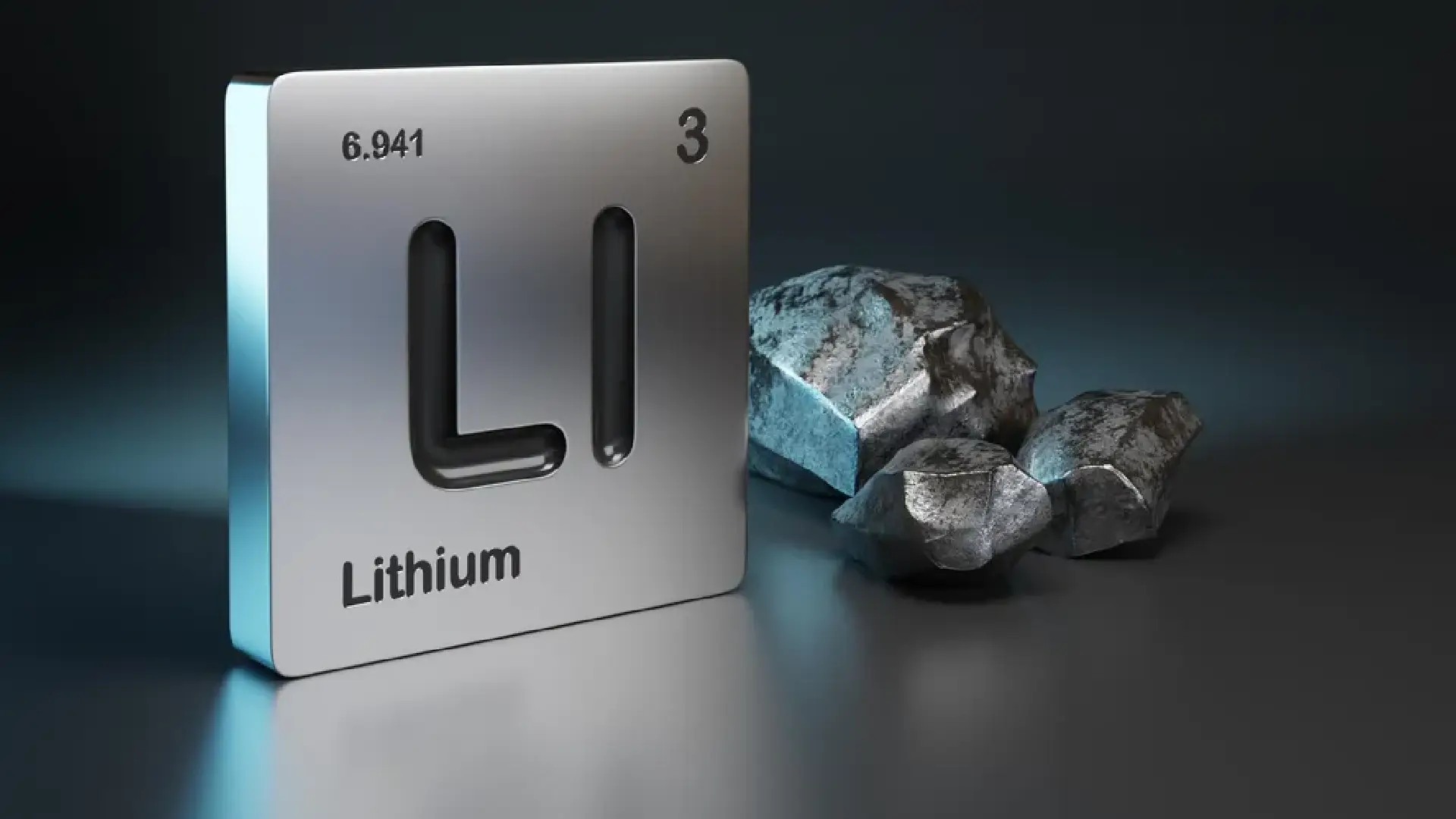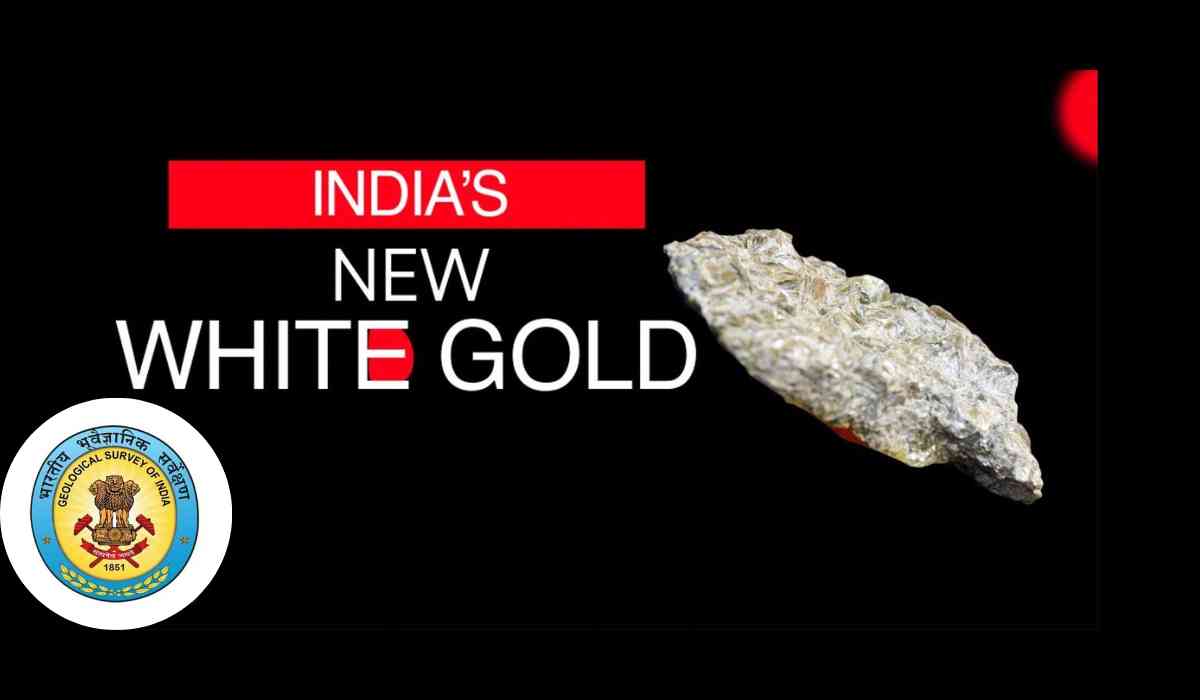Months following the revelation of lithium reserves in regions like Jammu & Kashmir, Rajasthan, and Karnataka, a new discovery has emerged in Jharkhand, adding to India's growing lithium resources. Jharkhand, an eastern state surrounded by Chhattisgarh, Bihar, and West Bengal, is already known for its abundant reserves of various minerals, making it a valuable addition to India's resource landscape.

Lithium's Rising Demand and India's Energy Goals
Lithium, often referred to as 'white gold,' has gained immense importance globally, driven by the growing demand for electric vehicles (EVs) and the imperative to combat climate change. While only a few countries possess significant lithium reserves, China has established dominance in lithium mining and processing, despite not having the largest reserves.
India has set ambitious goals for itself, aiming to achieve a 30 per cent share of EVs in new vehicle sales and increase non-fossil energy capacity to 500 GW by 2030. However, India's dependence on neighbouring countries like Hong Kong and China for its lithium supply poses a challenge to achieving these objectives. The Indian lithium-ion battery market is expected to grow substantially, with EVs accounting for the majority of this growth, highlighting the urgent need for a domestic source of lithium.
The Shift in Lithium's Significance
Although lithium was first discovered in India in 1999, it initially held little allure. Back then, the economics of mining lithium were unfavourable, and it made more sense to import the metal for various industrial applications. However, the global push towards greener transportation and energy solutions has transformed lithium into a highly coveted resource, overturning the mining industry's dynamics.
The Geological Survey of India (GSI) has conducted multiple projects related to lithium in various states, spanning from 2016-17 to 2021-22. These efforts have uncovered significant potential in different regions of the country.

Strategic Implications of India's Lithium Reserves
Experts emphasize that the discovery of lithium reserves in India carries strategic significance. It enhances India's energy security by securing critical mineral supplies, promoting self-sufficiency, and reducing the country's import bill and trade deficit. These reserves can play a pivotal role in India's journey towards achieving net-zero emissions by accelerating the adoption of green transportation and renewable energy.
However, it's important to note that most of these lithium reserves are in the preliminary exploration stage (G3). Further exploration (G2) and detailed assessment (G1) are required before mining operations can commence, a process that can take six to eight years to bring the mines to full commercial production capacity. Nonetheless, the discovery of lithium in Jharkhand marks a promising step towards India's quest for energy independence and sustainability.
© Copyright 2023. All Rights Reserved Powered by Vygr Media.






















